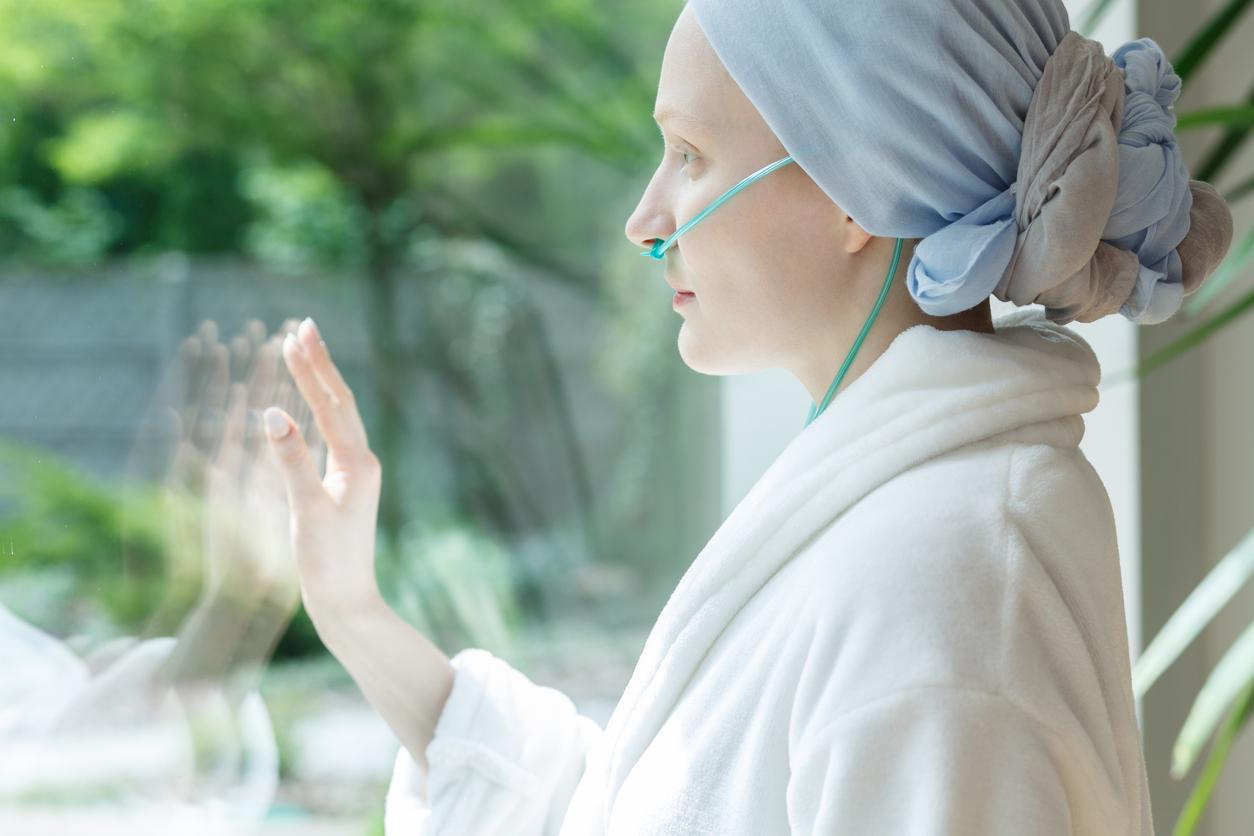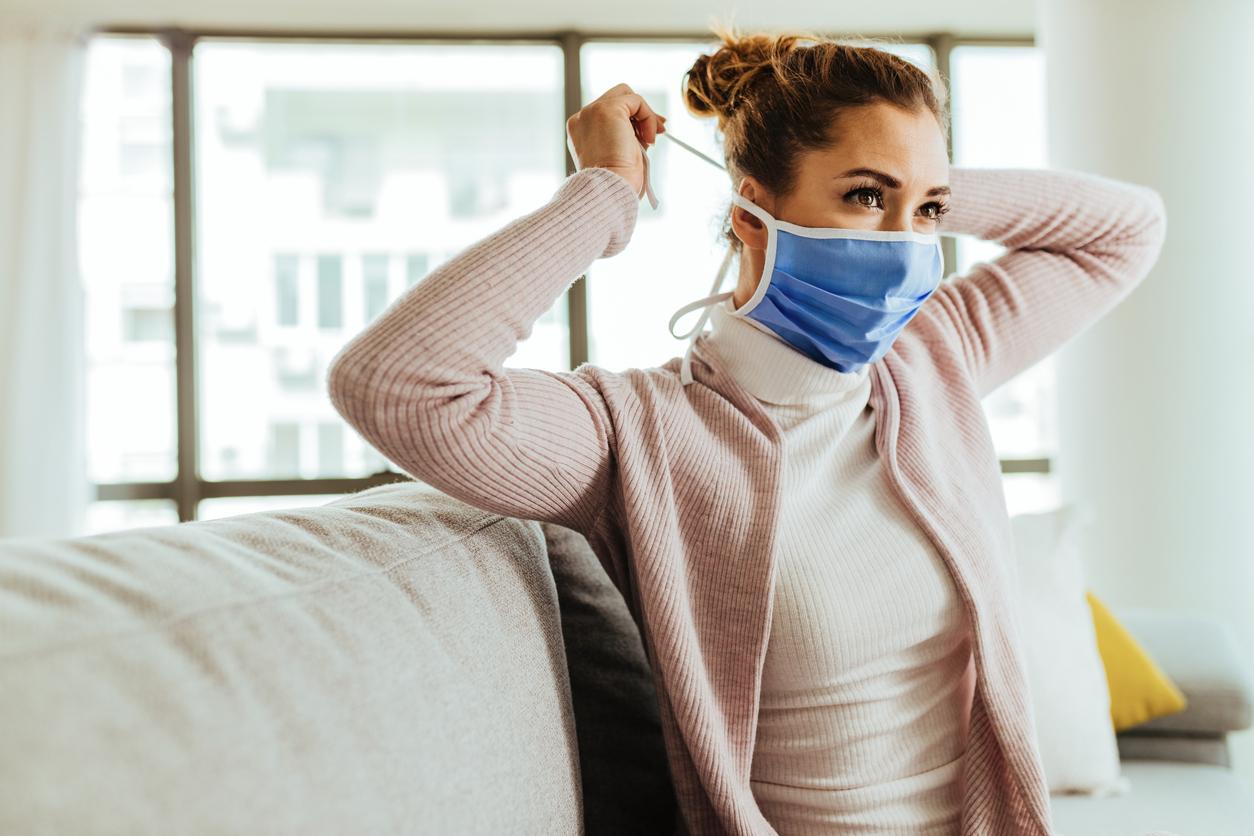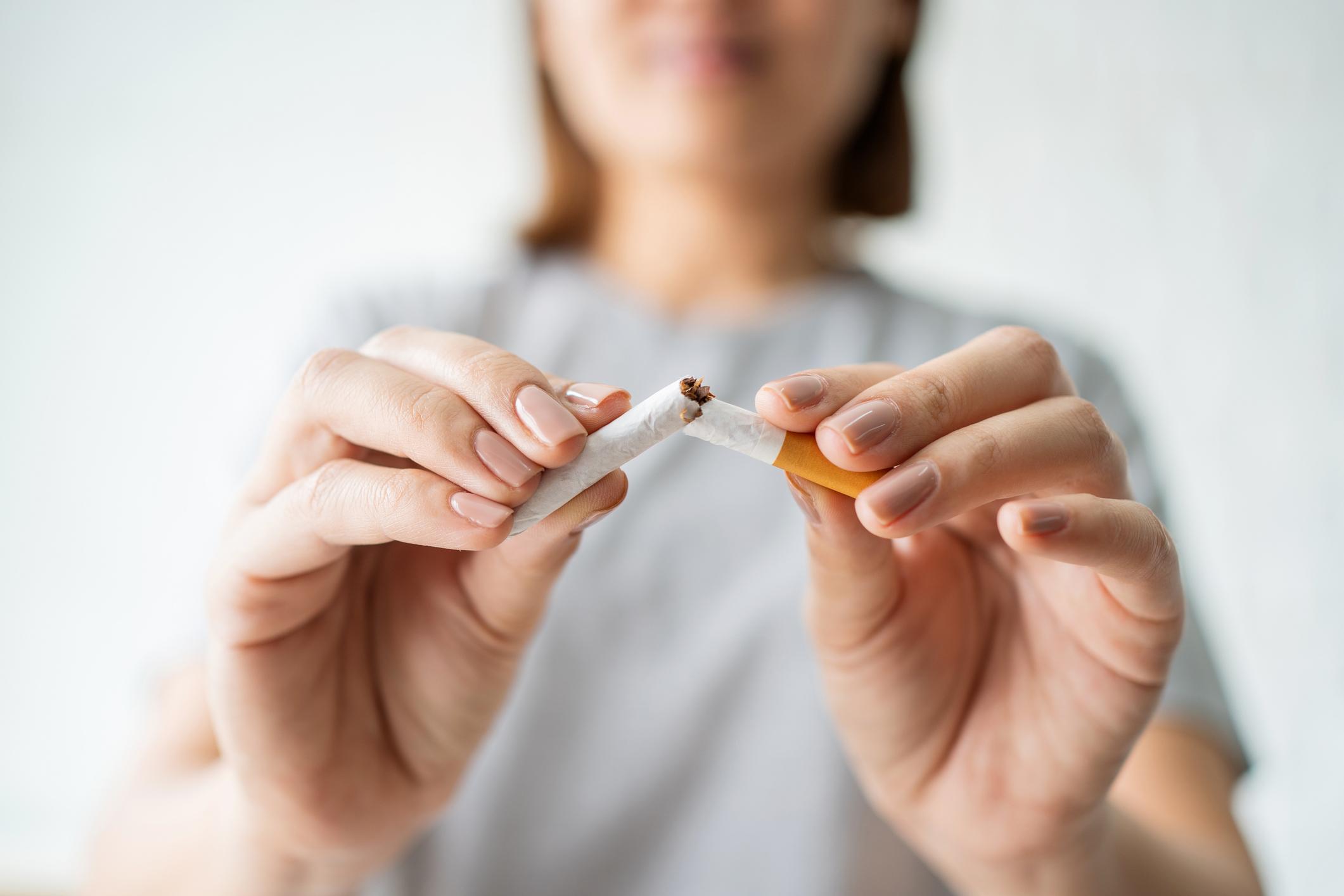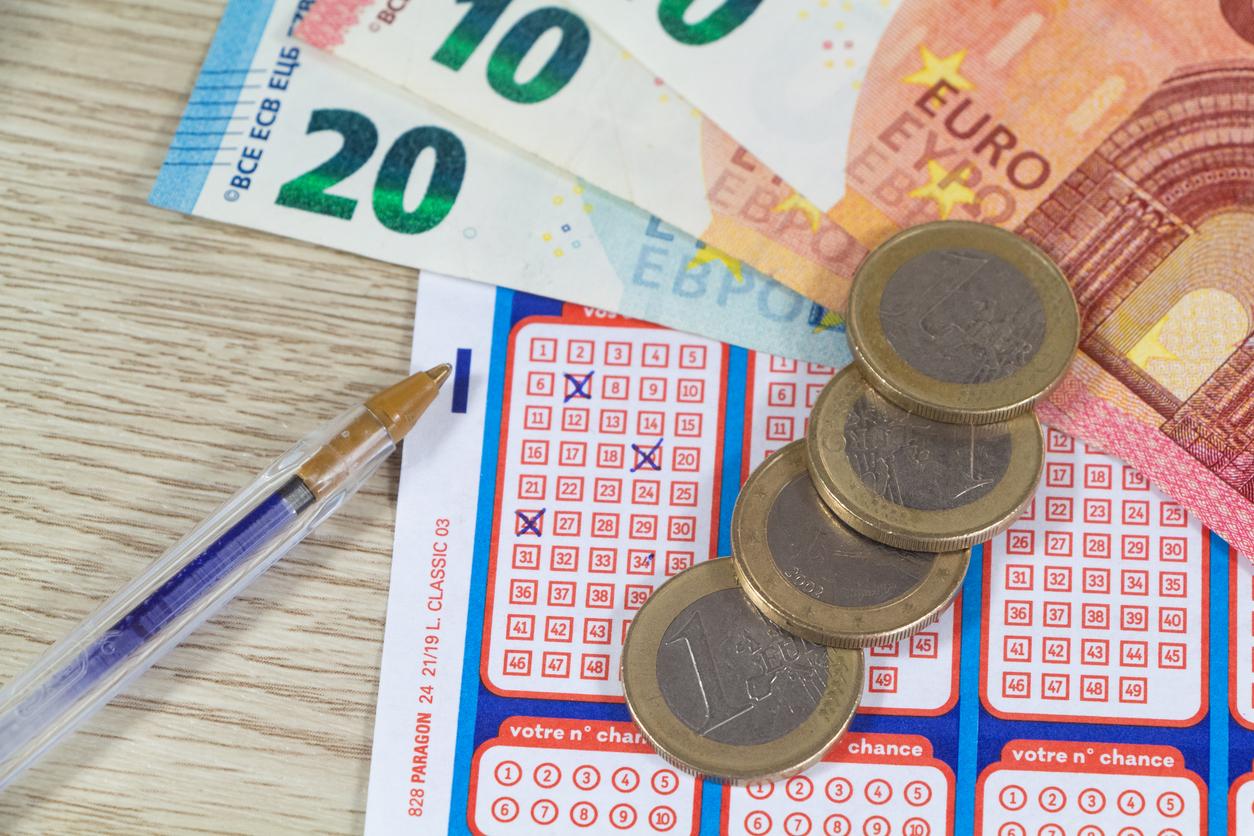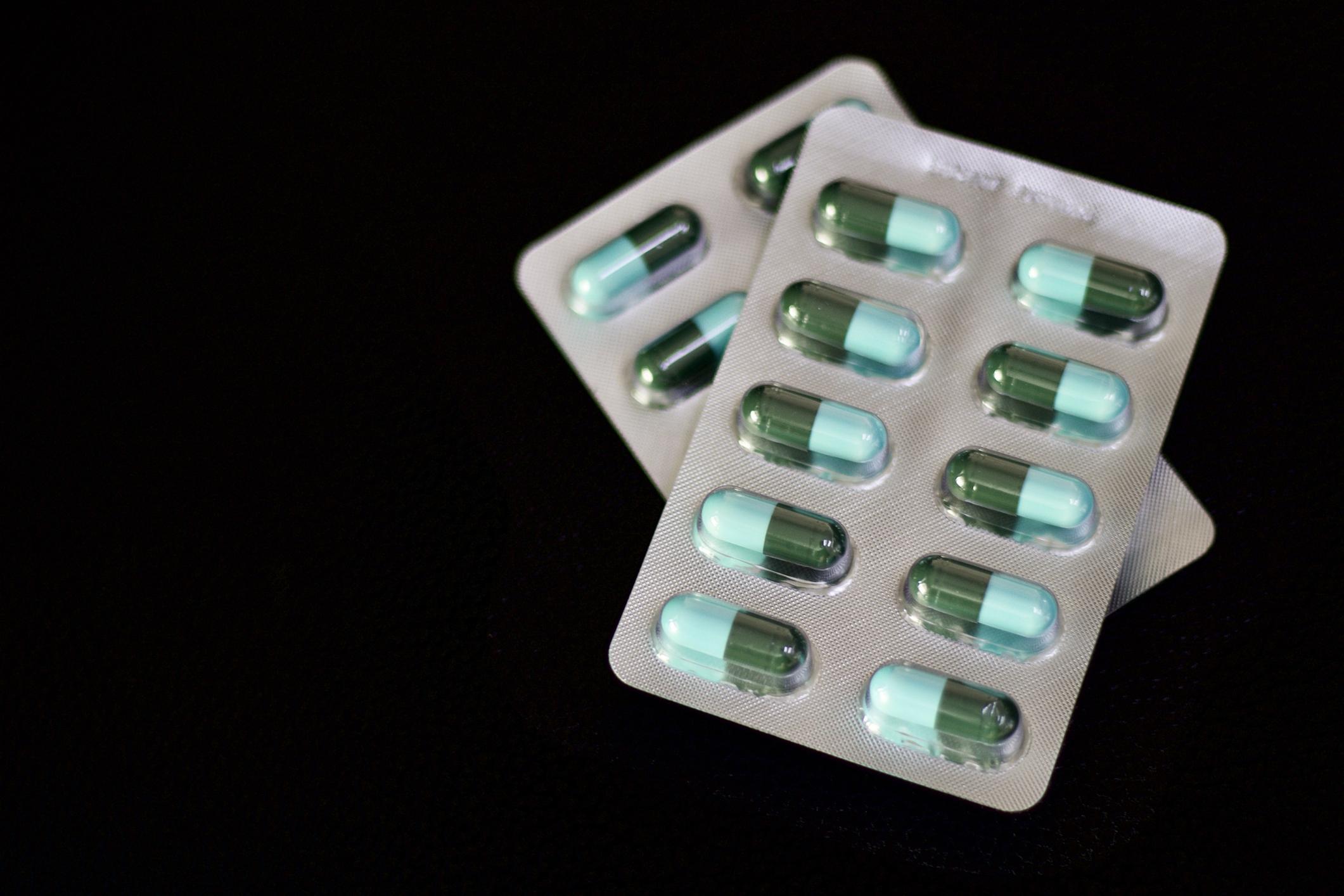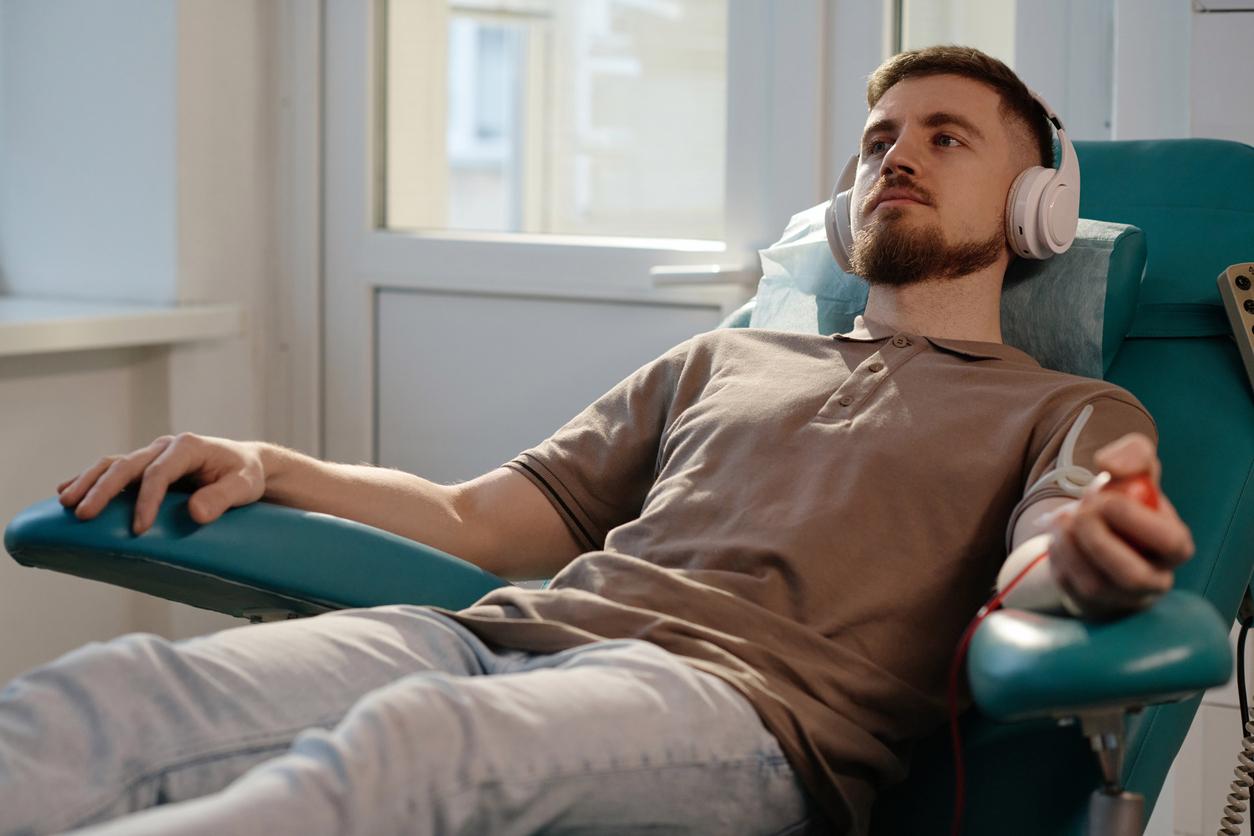While Senator Pierre Médevielle created controversy on Sunday by claiming that glyphosate is “less carcinogenic than charcuterie or red meat”, the parliamentary report is less categorical. But what does it really contain and what are its conclusions about Monsanto’s flagship herbicide?
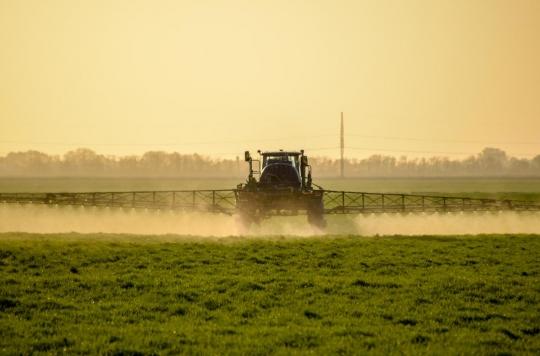
“To the question ‘is glyphosate carcinogenic’, the answer is no! It is less carcinogenic than sausages or red meat which are not prohibited”. This sentence, we owe it to Senator Pierre Médevielle.
In an interview given last Sunday to The Midi Dispatch, Senator UDI from Haute-Garonne and Vice-President of the Parliamentary Office for the Evaluation of Scientific and Technological Choices (OPECST) has created controversy. And for good reason: he is also one of the rapporteurs for a report on glyphosate commissioned by the Economic Affairs and Sustainable Development Committees.
But is this really the conclusion reached by its authors? If we believe France Info, which peeled the 155 pages of the text, not really. Moreover, the purpose of the said report was not to decide on the possible dangerousness of the chemical herbicide, but rather “to enlighten Parliament on the independence and objectivity of the European agencies responsible for evaluating the dangerousness of the substances placed on the market”.
IARC and EFSA: two contradictory and biased reports
And that is the problem: there is currently no consensus on whether or not glyphosate is dangerous. While the International Cancer Center (IARC), which depends on the WHO, has classified glyphosate since 2015 as “probably carcinogenic to humans”, this is not the case with European evaluation agencies, French or American. Worse: in 2015, the European Food Safety Authority (EFSA) for its part considered that it was “unlikely that glyphosate poses a carcinogenic danger to humans and that the evidence was not gathered to make a classification glyphosate as a carcinogen”.
How then to decide between these opinions? This new parliamentary report does not risk it. Its authors are content in reality according to France Info to review the various evaluations of glyphosate, without ever deciding. They point out, however, that “the criticisms of the work of the agencies” revealed by the Monsanto Papers contribute to maintaining the vagueness on the health consequences linked to the use of glyphosate. They also suggest “that American society has been trying for decades to minimize the risks” associated with Monsanto’s herbicide.
He also criticizes the methods used by IARC and EFSA to carry out their work and notes that the two organizations “do not base their analysis on exactly the same sources” to explain the difference in results. The report specifies, however, that this “difference in appreciation (…) still perplexes the general public as well as political decision-makers” and that it promotes “the emergence of a crisis of confidence vis-à-vis expertise”.
For a new risk assessment model
To avoid this scheme, parliamentarians consider it necessary to create a “new risk assessment model” related to glyphosate. They therefore propose to base new studies on “independent data”, collected by health agencies and not by manufacturers. They must also show more “transparency”, in particular by making data available to “allow citizen counter-expertise” and the “links of interest” between their employees and the experts they appoint.
They also recommend the development of “monitoring instruments in real situations of the effects of regulated products” and that of “tools for understanding the cumulative risks” to better inform the general public and “fight against irrational fears not based on facts “.
.








